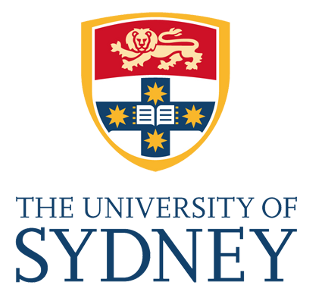Increasing Gender Equity & Diversity Capability to unleash staff potential & increase University performance
Challenges
- Adhoc diversity programs for women with no existing women in leadership strategy
- Staff with disabilities and Aboriginal & Torre Strait Islander action plansat different stages of maturity with limited success
- Leaders felt frustrated and/or helpless to improve leadership diversity of talent pipeline
- The internal talent pipeline to leadership was leaking, with male, Anglo senior leadership not reflecting the diversity of available talent or the diversity of the studentpopulation
- Diversity was managedby HR and seen as a “tick box” compliance process
- Inconsistent diversity outcomes for staff that were dependant on supervisor and faculty
- Staff worked flexibly but part-time work was career limiting and seen as “special treatment for women” despite progressive relative to opportunity approach to promotion
- Senior women were angry and frustrated by lack of female leadership progress
Opportunities
- The University had externally recognised best practice HR policies and processes
- The University Senate, Vice Chancellor and Head of HR recognised they had a problem
- Feeder pool was diverse with high success in recruiting female and Aboriginaltalent
- Leaders were well intentioned but didn’t know what to do
Actions
- Conductedwikibombing eventto profile 55 outstandinguniversity women andheld inaugural internal women in leadership symposium with 300 staff, VC and Chancellor
- Consulted with leaders and staff and implemented Gender and D & I strategy with budget
- Launched Ally network to support LGBTIQ inclusion and first float in Mardi Gras 2016
- Implemented 2020 gender targets for female academic and professionals
- Implementedtargeted career development, mentoring andInaugural VC sponsorship program for Culturally & Linguistically Diversewomen
- Implemented D & I , unconscious bias & inclusive leadership training for top 400 leaders
- University accepted as member ofScience in Gender Equality (SAGE) STEMM pilot
- Implementedoverarching 8 pillar D & I strategy with “plug and play” targeted action plans and metrics for all Diversity Identity Groups
Outcomes
- Vice Chancellor (VC) was first VC to be invited to join Male Champions of Change (MCC)
- Existing local Faculty best practice policies & programs scaled across university e.g. SPAM
- 82% of female academicscompared to 81% males achieved promotion in 2015 cycle
- Have seen 6% increase in female professors from 23% to 29% in 3 years
- Have shifted senior leader & staff mindsets from diversity as a risk to a capability enhancer
- Mobilised staff through strategic events and networks building significant D & I momentum
- New D & I values and strategies core component of 2016- 2020 Strategic plan
- All Faculties and PSUs now have local targets and gender action plans are underway

